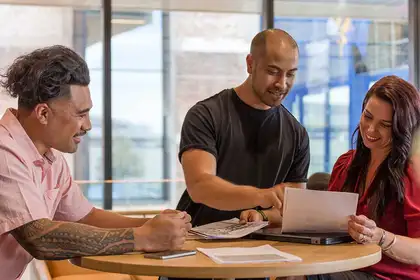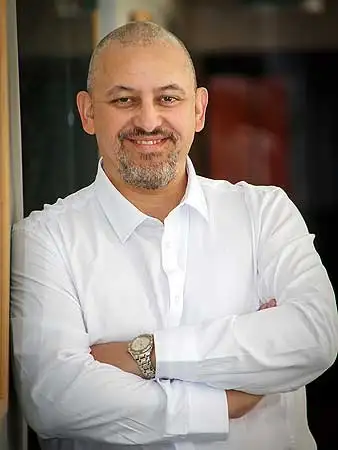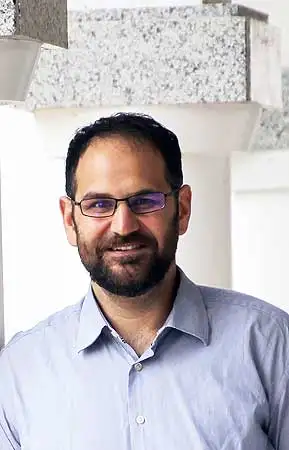
Te Au Rangahau projects currently underway include indigenous tourism, social capital and collaboration.
Te Au Rangahau, Massey Business School’s Māori business research centre, has recently signed a partnership with the University of Melbourne and Carleton University in Canada with the aim to collaborate around research, scholarship and link together indigenous experts from across the pacific to explore exciting new international initiatives.
The partnership has been a long time coming. In 2019, School of Management Senior Lecturer Dr Jason Mika (Tūhoe, Ngāti Awa, Whakatōhea, Ngāti Kahungunu) received a Fulbright fellowship which has been instrumental in building a network of indigenous business scholars. As this network has matured, Dr Mika along with Associate Professor Matt Roskruge (Te Ātiawa, Ngāti Tama) from the School of Economics and Finance have formed strong connections to Associate Professor Michelle Evans from the University of Melbourne, Assistant Professor Rick Colbourne (Algonquin Anishinaabe and Mattawa/North Bay Algonquin) from Carleton University and Assistant Professor Joe Gladstone (Blackfeet and Nez Perce) from University from Washington State University.
Dr Mika says the collaboration aims to study the state and nature of Indigenous business, at both a local and international level, by looking at statistics, Indigenous aspirations, rights and interests.
“They're doing very similar work to us but in their own country with their own history and their own people so locally it's different, but the actual aspiration is similar.”

Dr Jason Mika
Associate Professor Evans has recently established the Indigenous Business Research Centre in Melbourne that has gained national level support with Drs Colburn and Gladstone pursuing a similar initiatives in Canada and the US. Dr Mika hopes the centres can collaborate and share learnings to help grow and develop our respective research programmes, while also pooling expertise and resources to pursue multinational projects.
“The main thing we are doing is learning from one another so that whatever we do in our own little corners of the world makes a difference to the communities that we serve with the research, the education, and engagement. The people that we're trying to make a difference for is small business owners right through to corporate enterprises, Māori Indigenous businesses but also non-Māori, non-Indigenous businesses that want to do business with Māori.”
He says the partnership will allow them to assist each other to gain future research funding, with a particular focus on collaborating to win internationally competitive funds. They currently have one proposal in the pipeline that will look at decolonising business schools.

Associate Professor Matt Roskruge
Current research Te Au Rangahau projects where international collaboration is a natural extension include indigenous tourism, social capital and collaboration. A long-term project of theirs looks at tikanga and technology and another focuses on kaumātua entrepreneurs—these are older Māori people who want to or have already started running a business.
Dr Mika hopes all of these research projects and others can be discussed within the partnership and draw on external successes to see how this research can benefit Indigenous communities and enterprises. Alongside this, Dr Mika says the partnership is flexible enough to allow other Indigenous research centres, including others in Aotearoa to join in the future.